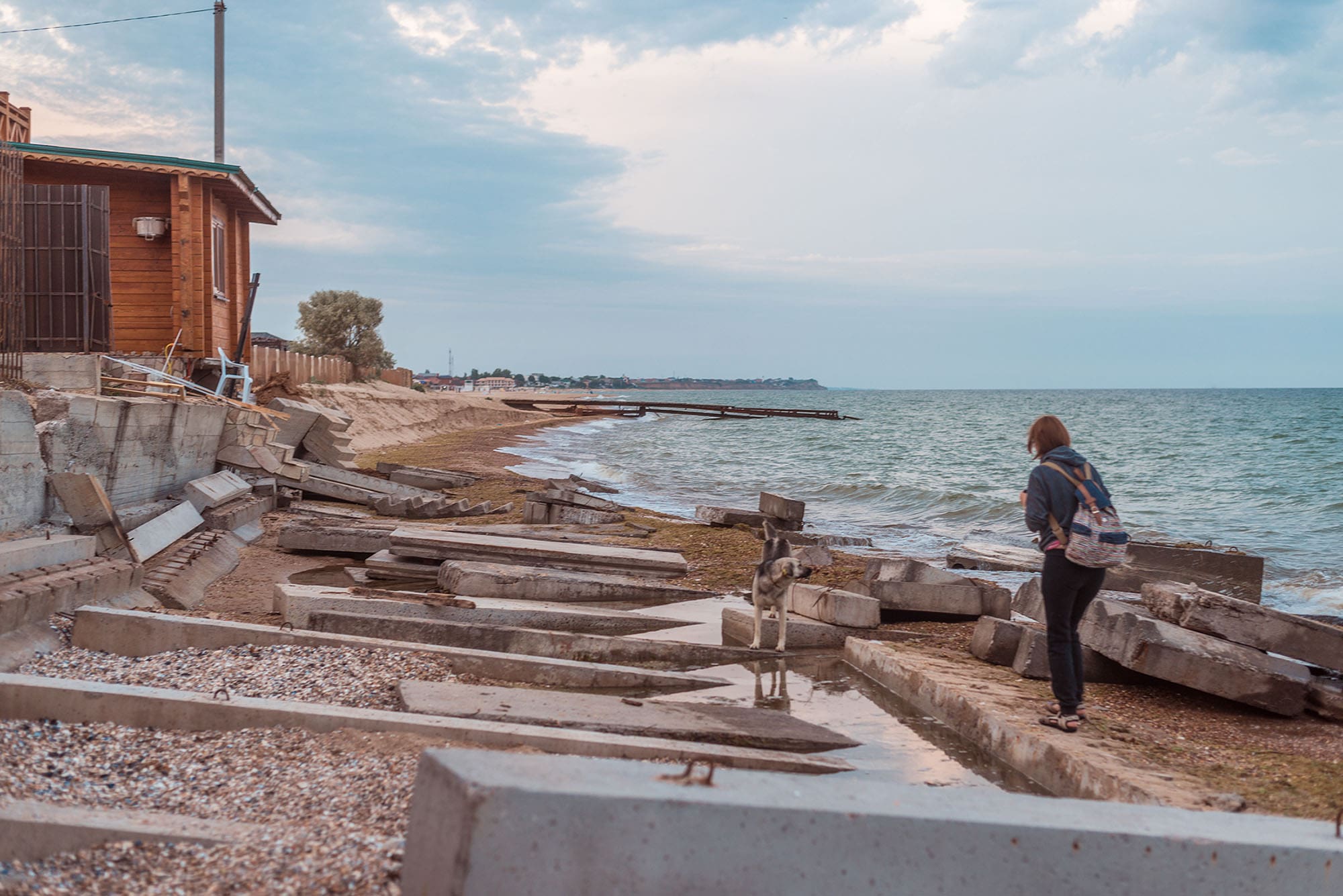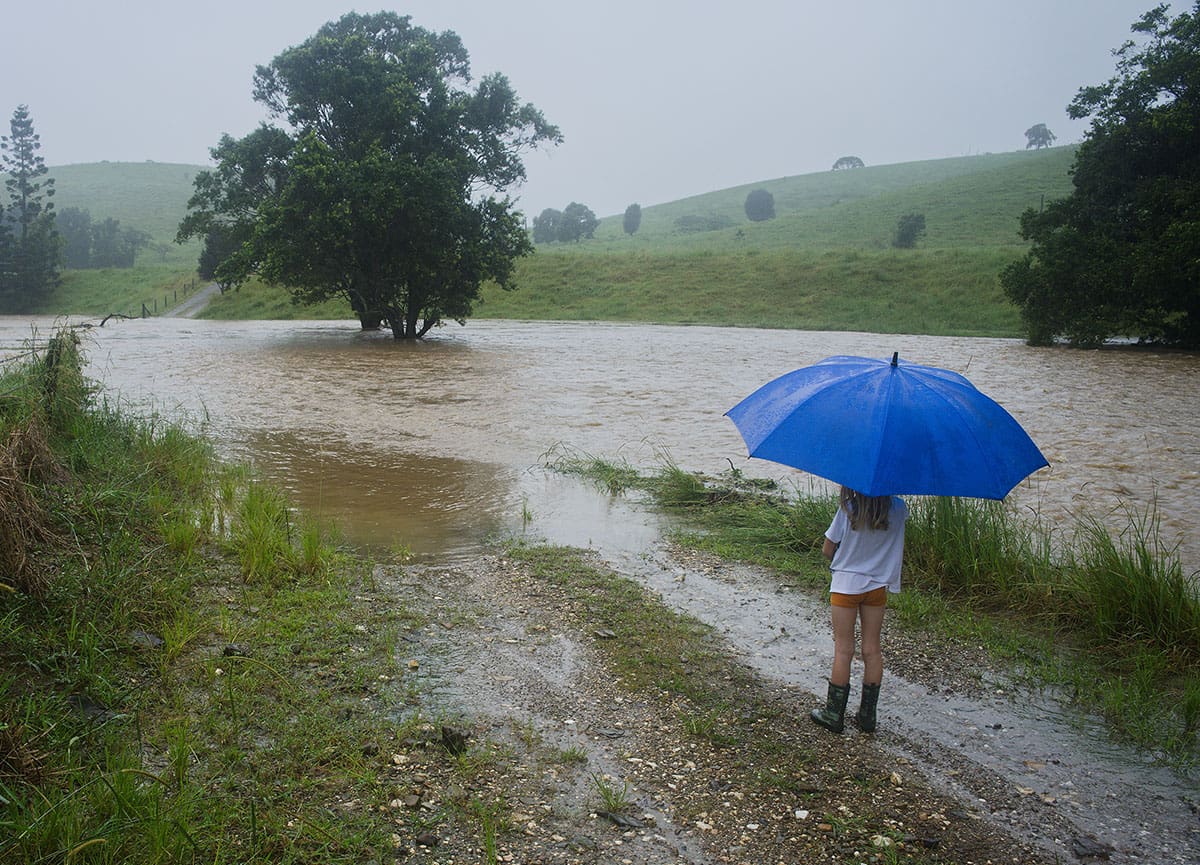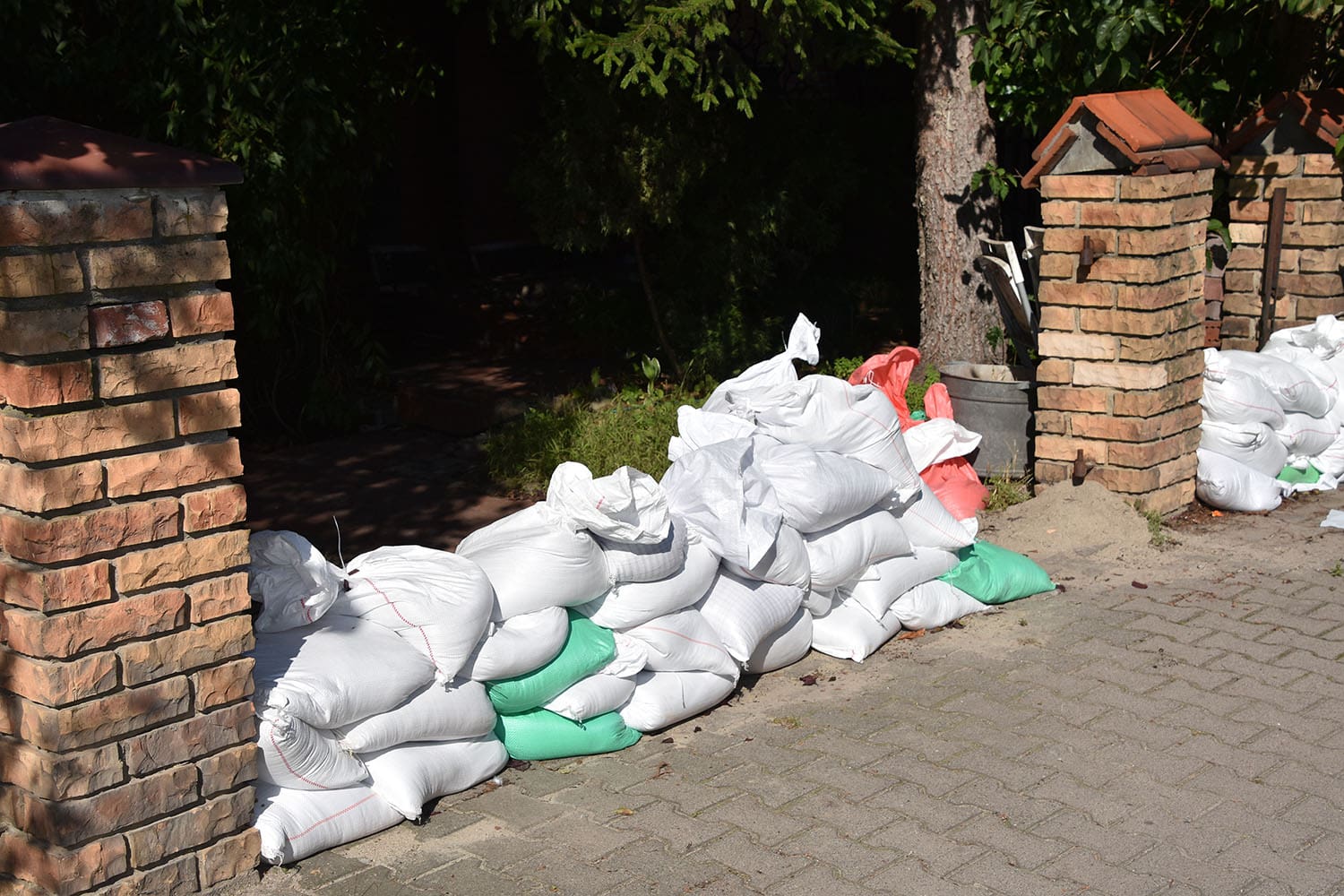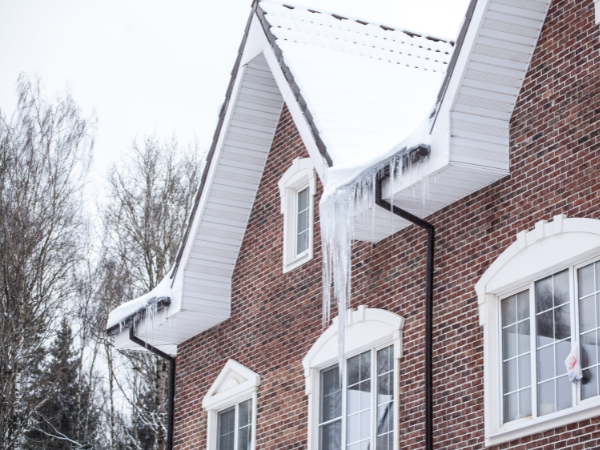In today’s world of insurance and frequent extreme weather events, one of the most important relationships you will maintain is the partnership with your insurance advisor.
Extreme weather events carry great financial costs. Each weather event requires attention to detail a skilled and trusted insurance advisor can help you navigate. With an increasing number of homeowners purchasing insurance this last year — about 88 percent — and about a third of consumers reporting weather disasters have impacted them in the last five years, your insurance advisor is an essential guide for you and your family’s lives and future. Your advisor will be your partner, your liaison, and your post-event support. Insurance Information Institute and Munich Re, Homeowners Perception of Weather Risks, 2023 Q2 Survey, June 2023.
Building your relationship with your advisor
Before, during, and after an extreme weather event, your insurance advisor will rely heavily on communication as the bellwether to move all necessary actions forward to help protect you, your family, and your property. During these types of situations, the small details matter, and it’s your advisor’s responsibility to keep you informed about everything you need to know.
Your advisor will keep close tabs on new and potential weather patterns in your area to help you track and manage any potential issues that could affect your property.
Since more than half of consumers believe they will be affected by extreme weather events in the next ten years, consider an advisor who communicates often and is open to your calls during non-business hours.
Your advisor can also help prepare you and your family ahead of disaster, such as having an evacuation plan or completing a home inventory.
With statistics showing that less than half of consumers keep an inventory record or take steps to make improvements that make their homes more resilient in case of an extreme weather event, your insurance advisor will strategize with you about how to be as prepared as possible.
What types of assets you own and their condition before a disaster occurs is knowledge your advisor will know as part of your ongoing partnership and communication. It’s equally important they know the condition of your assets during and after a disaster, as well. Are you and your family able to use the additional living expenses (ALE) involved with your policy and stay safely elsewhere due to property damage and/or mandatory evacuation orders? Waiting until it’s time to file a claim to determine the value of your property and its content will be too late.
Your advisor as a partner
It’s no secret for homeowners how a difficult property market and increase in demand for coverage can affect their pricing and options. During renewal conversations, and well ahead of any extreme weather events, your insurance advisor will review how insurers are currently viewing and responding to the market. Because insurers are less willing to negotiate favorable terms in more difficult markets, your advisor will stay in frequent contact with you before, during, and after the underwriting process to help keep your insurance program on par with your needs.
Your advisor will collaborate with insurers from different firms on your behalf to collectively provide coverage options – keeping you well-informed throughout the process.
During times of increased costs for labor and supplies, your advisor will walk you through your policy to identify if it has actual cash value (ACV), or replacement cost value (RCV) in it. Most insurers offer an inflation guard endorsement that is built into each policy — an embedded cost covering a dwelling rising five percent each year. However, your advisor can help you discern whether it makes sense to have ACV or RCV in your policy.
Your advisor as a liaison
An advisor serves as a liaison between you and the insurance partner — from the onset of securing a policy to communicating upgrades made to your home and working directly with the insurer when filing a claim.
Sometimes, individuals work directly with an insurer. While this is possible, after a loss occurs, or when trying to file a claim, having an insurance advisor as your partner can help dispel any lags in communication when insurers are inundated with claims processing. An insurance advisor will use their relationships to get faster responses from the insurers on your behalf.
During the underwriting process, an insurer may require certain features and upgrades to be made in the home to obtain or keep coverage — not just as a discount to a premium. Your insurance advisor will know the specific details about what is needed and also make recommendations for other upgrades, like installing a water flow device or tankless water heater. He or she is your subject matter expert who you can count on to help you navigate the insurer relationship and their process.
Your advisor as post-event support
When it’s time to file a claim, lean on your advisor to help you understand and navigate the process. He or she will gather the scope of the damage, help you file the claim, and communicate with you about when an adjuster will be sent out to assess the damage and submit an estimate for review.
The amount you are paid out will depend on the coverage you possess. The more you document your assets and any upgrades and let your advisor know beforehand, the quicker the claims filing process will occur. This is why the consistent communication between you and your advisor throughout the year is key.
Along with your documentation, your advisor will keep a record of all contact with the insurance company and the adjuster. Depending on the damage incurred, he or she will verify if there is a loss of use for your home within your policy and if there is an additional living expenses (ALE) coverage to take care of a hotel, clothing, or meal expenses while you and your family are temporarily off the property.
Keep in mind, when construction costs are higher, that may be an obstacle to repairing or rebuilding a home after a disaster. Your advisor will help you assess how to make your house whole after a loss to avoid a coverage gap.
Working for you
Remember — your insurance advisor represents you, not the insurance company. They have deep valuation and protection knowledge about how to protect your home and other valuable assets. You don’t have to prepare for or manage a severe weather event alone. Our experienced private risk management team will support you before, during, and after any losses occur.
For more information
We’re ready to help when you are. Get in touch and one of our experienced Baldwin advisors will reach out to have a conversation about your business or individual needs and goals, then make a plan to map your path to the possible.
This document is intended for general information purposes only and should not be construed as advice or opinions on any specific facts or circumstances. The content of this document is made available on an “as is” basis, without warranty of any kind. The Baldwin Insurance Group Holdings, LLC (“The Baldwin Group”), its affiliates, and subsidiaries do not guarantee that this information is, or can be relied on for, compliance with any law or regulation, assurance against preventable losses, or freedom from legal liability. This publication is not intended to be legal, underwriting, or any other type of professional advice. The Baldwin Group does not guarantee any particular outcome and makes no commitment to update any information herein or remove any items that are no longer accurate or complete. Furthermore, The Baldwin Group does not assume any liability to any person or organization for loss or damage caused by or resulting from any reliance placed on that content. Persons requiring advice should always consult an independent adviser.






